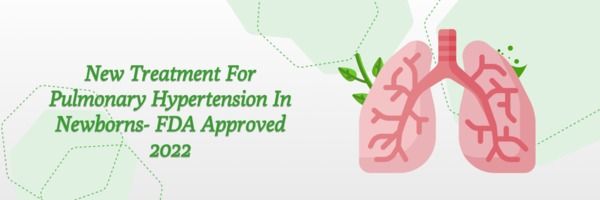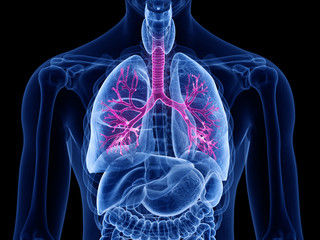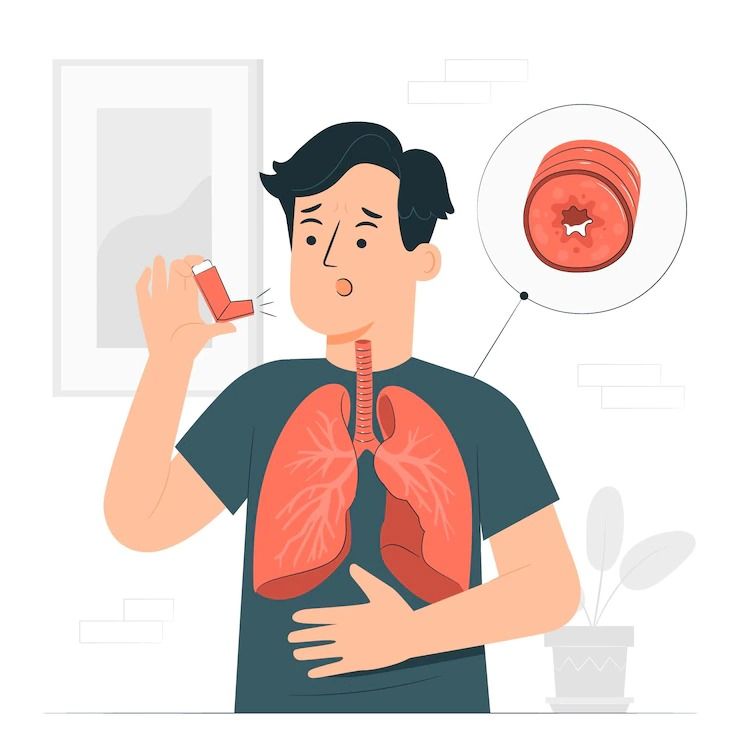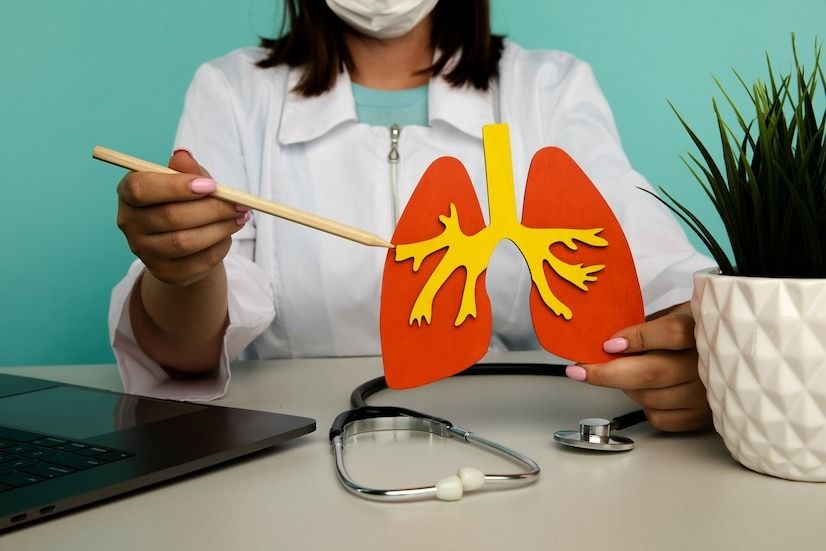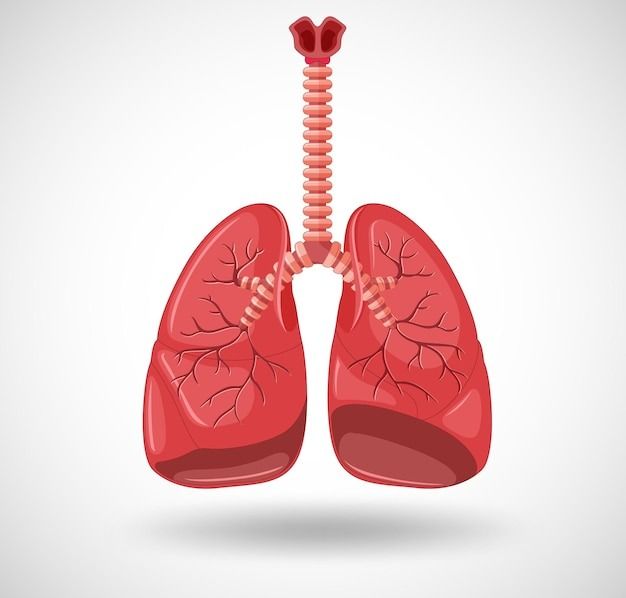Tuberculosis (TB) is a serious health issue worldwide. Even though TB is a disease that can be prevented and cured, it still causes a lot of deaths globally. The World Health Organization says that TB is one of the top 10 reasons people die globally. In 2022, around 10.6 million people got sick with TB worldwide. In India, about 2.83 million cases were reported in 2023. India has the highest number of TB cases globally. The Indian government aims to eliminate TB by 2025, using different policies and programs.
In the midst of all this, government hospitals in Delhi are crucial in the fight against TB. These hospitals aren't just places for medical care; they are key to achieving India's big goal of getting rid of TB. With special units for TB treatment and care, these hospitals provide advanced medical services, conduct research, and run programs to reach out to the community. In Delhi, where the population density increases the risk of spreading infectious diseases, these government hospitals play a vital role in both treating TB and stopping its spread.
Let’s explore Government TB Hospitals in Delhi. Read further!
1. National Institute of TB and Respiratory Diseases
Address: Sri Aurobindo Marg Near Qutub Minar, Mehrauli, New Delhi, Delhi 110030
Establishment Year: 1952
Doctors: Core faculty focusing on TB and respiratory diseases
Specialities:
- The institute focuses on teaching, training, and research in tuberculosis and other respiratory diseases. It's known for its contributions towards TB control techniques and guidelines in India.
- Major contributions to the creation of guidelines for the treatment of tuberculosis, MDR-TB and tuberculosis in children.
2. Rajan Babu Tuberculosis Hospital
Address: Tagore Park Extension, GTB Nagar, New Delhi, Delhi 110009
Establishment Year: 1935
Number of beds: 1,155+
Doctors: Chest specialists, surgeons, resident physicians, and paramedical professionals
Specialities: It's one of the biggest TB hospitals in India and a major Drug-Resistant Tuberculosis Center.
The hospital has facilities for the RNTCP conditional access program for novel anti-TB medicine.
3. ESI Tuberculosis Hospital
Address: Basai Darapur, Near Raja Garden Ring Road, New Delhi-110015
Specialities:
- Focus on treating both sputum-positive and sputum-negative pulmonary tuberculosis, along with extrapulmonary tuberculosis.
- They offer comprehensive care for various respiratory conditions like asthma, COPD, bronchitis, and bronchiectasis. Pediatric pulmonary conditions, such as bronchial asthma and TB, are also a focus area.
- They follow the Directly Observed Treatment, Short Course (DOTS) protocol for new and previously treated TB patients.
4. All India Institute of Medical Sciences
Address: Ansari Nagar, New Delhi - 110029
Established: 1956
Beds: Approximately 2,478
Specialities:
- Renowned for its wide range of medical and surgical specialities. It has advanced facilities for research, teaching, and patient care.
- AIIMS Delhi offers specialised treatment for tuberculosis, including drug-resistant TB. The hospital has advanced diagnostic facilities for accurate TB detection. It also conducts research in TB treatment and prevention.
5. New Delhi Tuberculosis Centre
Address: Delhi Gate, Bahadur Shah Zafar Rd, Delhi
Specialities:
- Specialises in TB and chest diseases. Provides diagnosis, evaluation, and treatment. Focus on training and education in TB and chest diseases.
- Offers care for drug-sensitive and drug-resistant TB. Manages TB complications like meningitis, pericarditis.
6. Safdarjung Hospital
Address: Ring Road, Opposite AIIMS Hospital, New Delhi, Delhi 110029
Established: 1942
Beds: Approximately 2,900
Specialities:
- Offers a wide range of medical services across multiple specialities.Known for its comprehensive emergency and trauma services. Specialised departments for different medical fields including pediatrics, cardiology, neurology, and more.
- The hospital provides diagnosis and treatment for tuberculosis. It offers both inpatient and outpatient services for TB patients. Also equipped with facilities for the management of drug-resistant TB cases.
7. Ram Manohar Lohia Hospital
Address: Baba Kharak Singh Marg, Near Gurudwara Bangla Sahib, Connaught Place, New Delhi, Delhi 110001
Established: 1932
Beds: Over 1,400
Specialities:
- Offers a wide range of medical and surgical services. Known for its emergency services and specialised departments. Provides comprehensive healthcare including critical care, cardiology, neurology, and more.
- RML Hospital offers diagnostic and treatment services for tuberculosis. Provides care for both pulmonary and extrapulmonary TB. Equipped to manage drug-resistant TB cases.
8. Lok Narayan Jai Prakash Hospital
Address: Jawaharlal Nehru Marg, New Delhi, Delhi 110002
Established: 1936
Beds: Approximately 2,000
Specialities:
- Comprehensive range of medical services including general medicine, surgery, paediatrics, and more. Known for its emergency and trauma services.
- Provides diagnosis and treatment facilities for tuberculosis. Caters to both pulmonary and extrapulmonary TB cases. Also equipped for managing drug-resistant TB cases.
9. Guru Tegh Bahadur Hospital
Address: Shahdara, Delhi-110095
Established: 1979
Beds: Over 1,500
Specialities:
- Offers a comprehensive range of medical services including general medicine, surgery, and more. Famous for emergency and trauma services. Houses specialised departments for various medical fields.
- Provides diagnostic and treatment facilities for tuberculosis. Caters to patients with pulmonary and extrapulmonary TB.
Let’s understand why TB is an economic burden.
Government Schemes & Policies for TB Patients
The Government of India has implemented various policies and programs to fight the significant burden of Tuberculosis (TB) in the country.
National Policies:
National Strategic Plan for Tuberculosis Elimination 2017-2025 (NSP):
- Outlines a comprehensive framework for managing Multidrug-resistant Tuberculosis (MDR TB).
- Includes early diagnosis, standardized treatment regimens, and improved patient care.
- Addresses TB, TB-related co-morbidities, and HIV in the World of Work in India.
- Recognizes workplaces' role in TB transmission, promoting preventive measures, and providing access to TB services for working populations.
National Policy for Treatment of Multidrug-resistant Tuberculosis (MDR TB) 2019 India:
- Focuses on managing MDR-TB.
- Emphasizes early diagnosis, standardized treatment, and improved patient care.
- Addresses TB, TB-related co-morbidities, and HIV in the World of Work in India.
- Recognizes workplaces' role in TB transmission, promoting preventive measures and access to TB services for working populations.
Government Programs:
Revised National Tuberculosis Control Program (RNTCP):
- Launched in 1993, the backbone of India's TB control efforts.
- Provides free diagnosis and treatment for all forms of TB through designated microscopy and DOTS centers.
Nikshay Poshan Yojna:
- Recognizes the link between malnutrition and poor TB outcomes.
- Provides nutritional support through cash transfers, offering a financial incentive of Rs 500/month for each notified TB patient.
- Already benefited 1 million patients.
Aarogya Setu App integration with RNTCP:
- Leverages the Aarogya Setu App to identify and notify potential TB cases.
- Involves cough monitoring and contact tracing cases.
Newer Government Schemes (to be implemented through 2025 in Government Hospitals in Delhi):
TB Mukt Panchayat Abhiyan Initiative:
- Campaign to end TB at the village level.
- Involves local self-government ministries, aiming to enhance awareness about TB and empower more than 500,000 villages.
Shorter TB preventive treatment regimen roll-out:
- Emphasizes the importance of TB prevention.
- Plans to offer TB preventive treatment using the shorter 3HP regimen, with incentives supporting national scale-up over the next two years.
Family-centric care model for TB:
- Ministry of Health developed guidance and launched a program to support family members.
- Offers easy-to-use tools for counseling and capacity building through videos, animations, and brochures in local languages, accessible on the internet and mobile phone-based platforms.
Direct Benefit Transfer Scheme:
- Since 2018, the Government has provided cash incentives to TB patients.
- Benefitted nearly 8 million TB patients, with about US$260 million disbursed.
FAQs
How can I get tested for TB in Delhi government hospitals?
To get tested for TB in Delhi, you can visit the designated TB clinics or the pulmonary medicine departments of the mentioned government hospitals.
Are TB tests and treatments free in Delhi government hospitals?
In many government hospitals, TB tests and treatments are often provided free or at a subsidised cost. However, it's advisable to confirm this information directly with the hospital or healthcare facility.
Do I need a referral to visit a government TB hospital in Delhi?
In some cases, a referral from a primary healthcare provider may be required. But many government hospitals also accept walk-ins. Check with the specific hospital for their policies.
Are there any support services or counselling available for TB patients in Delhi?
Many government hospitals have support services and counselling for TB patients. Social workers or counsellors may be available to provide information and support during the treatment process.

